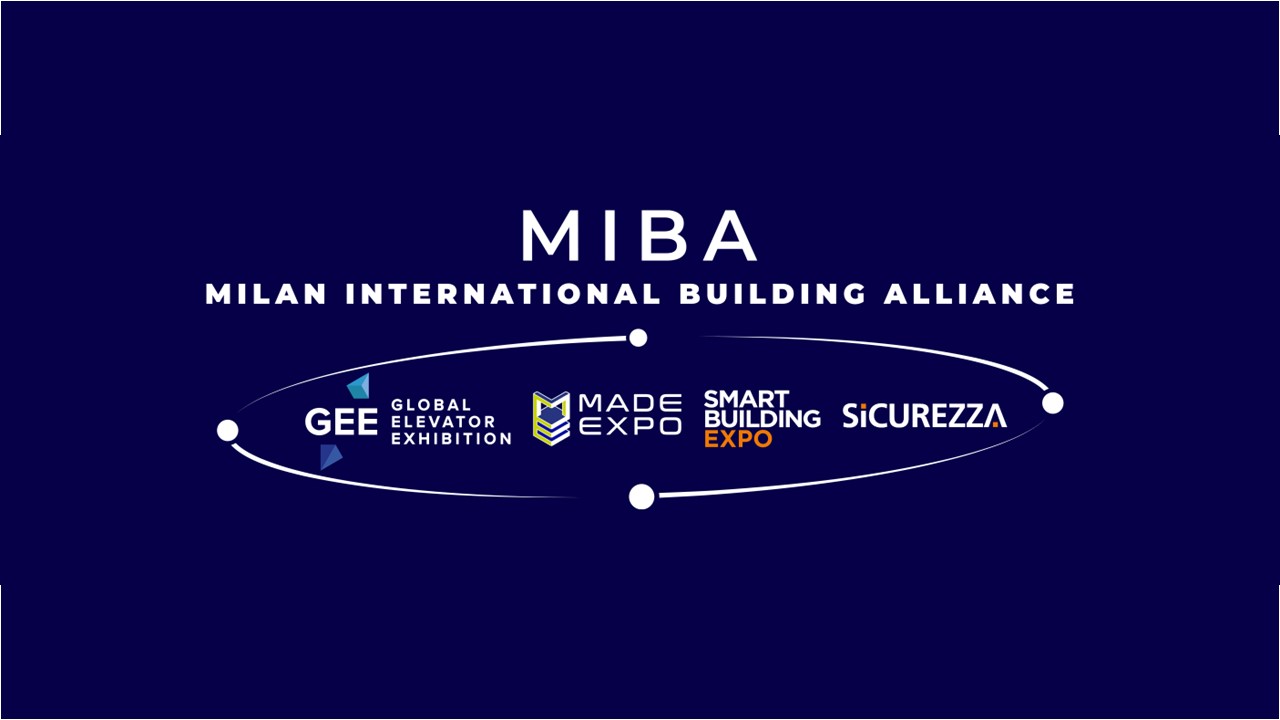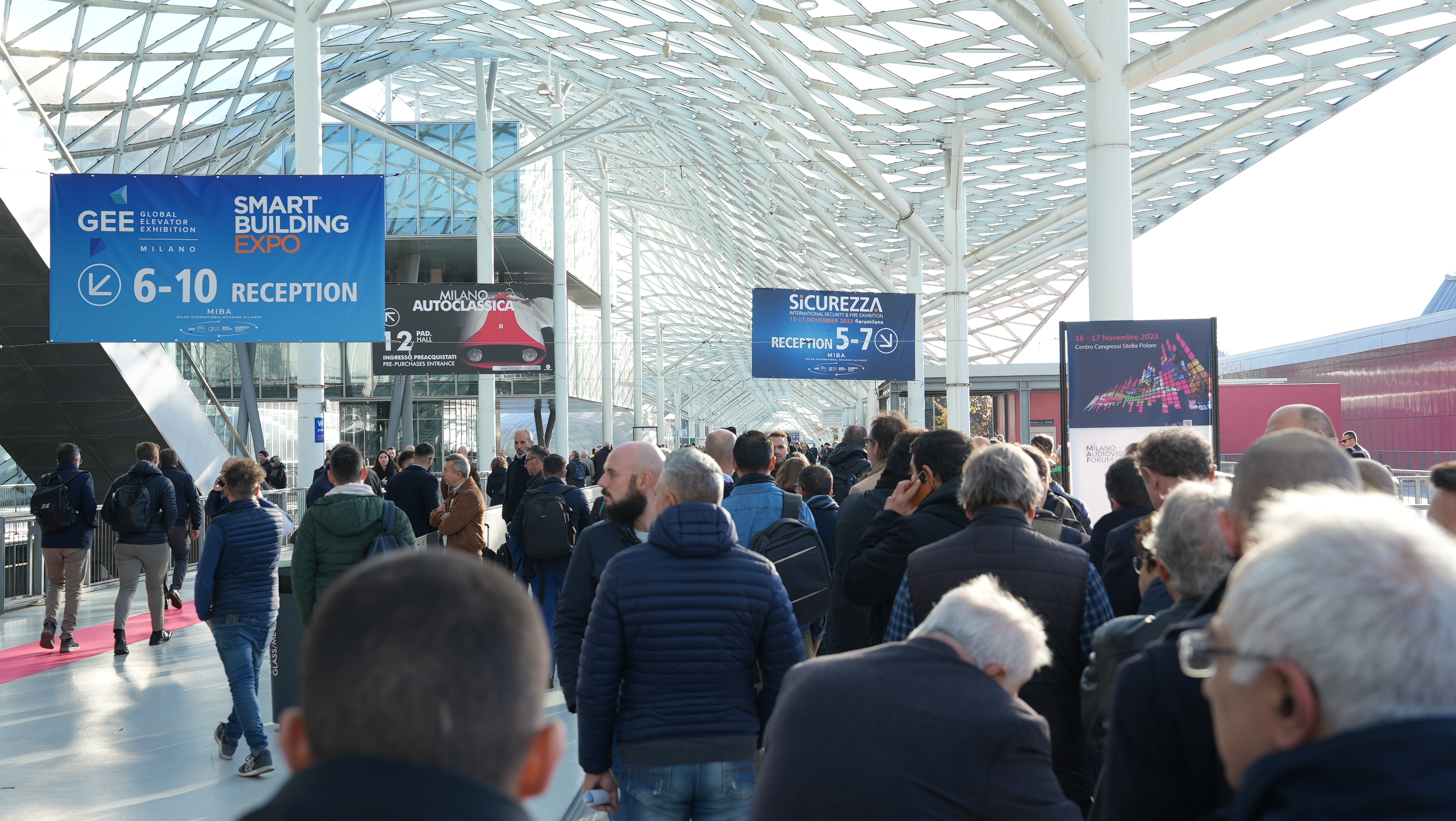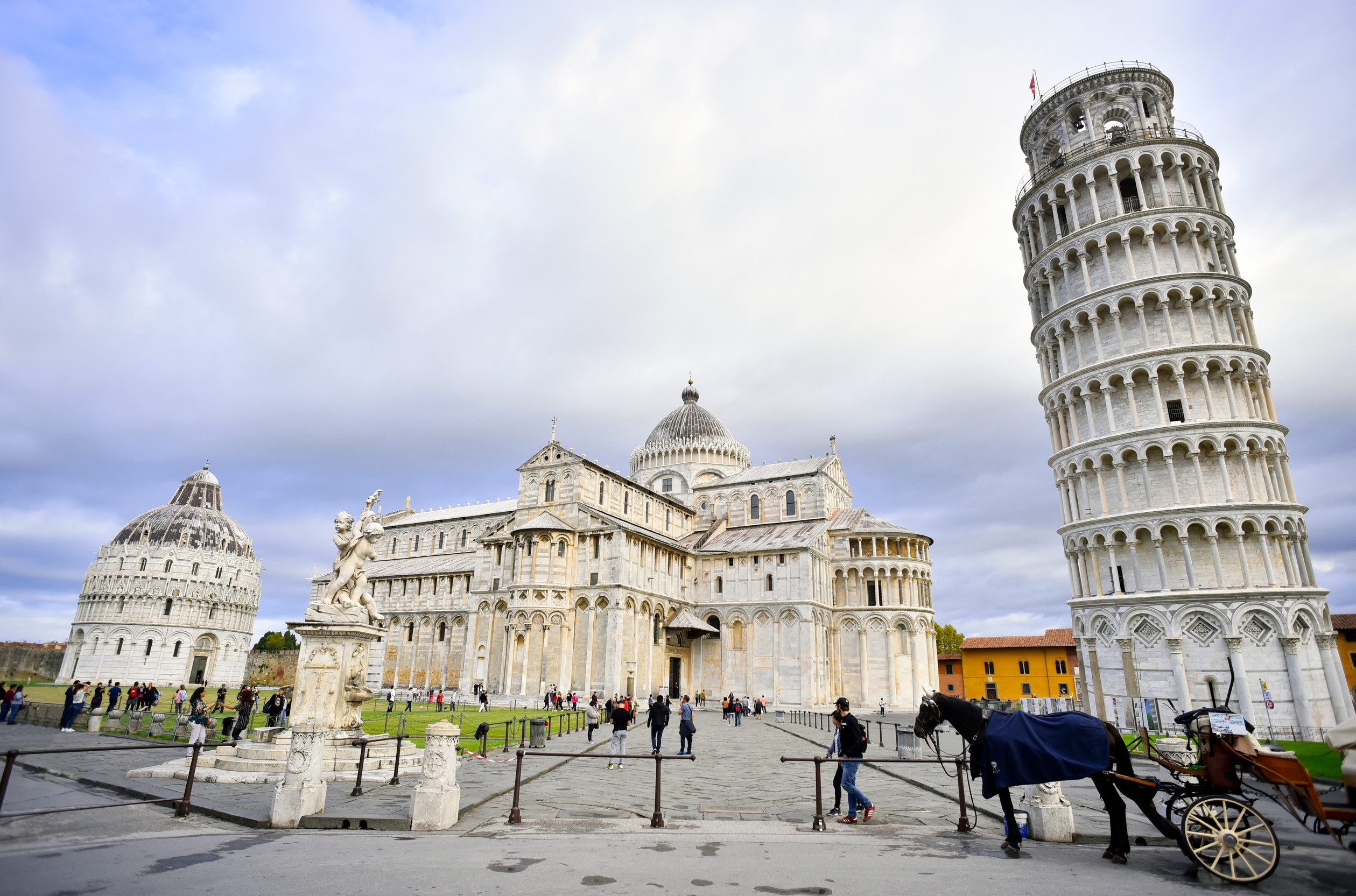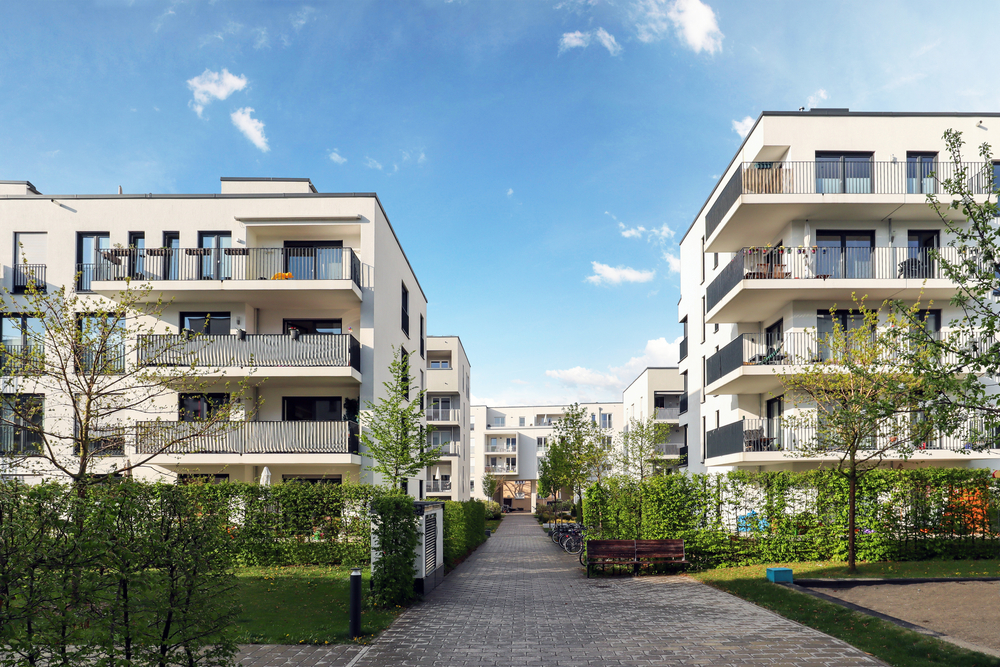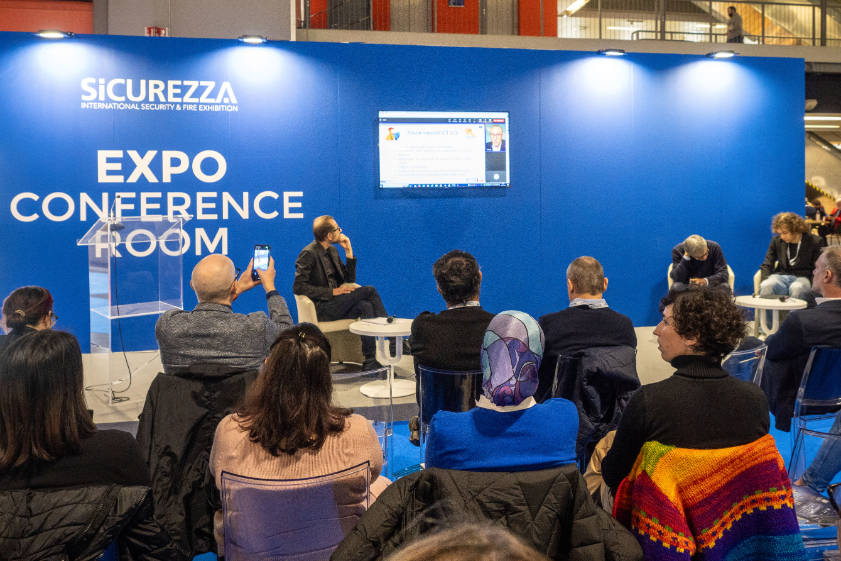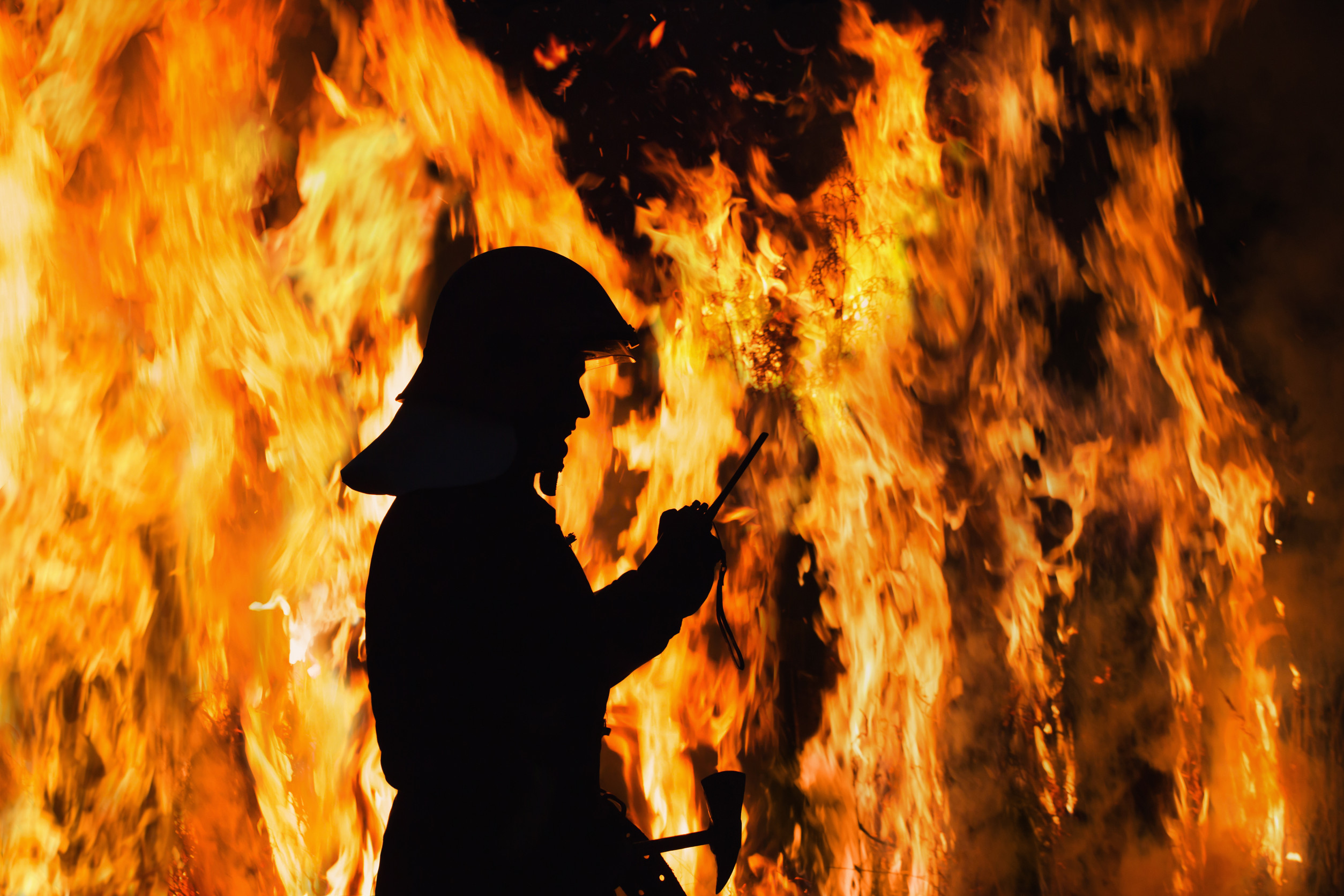This is the message delivered by ANIE - one of the most important Italian Industrial Association in terms of weight and presence, with a turnover of over euro 84 billion, 1,500 member companies and around 500,000 individual members - during its recent Public Meeting.
As emphasised by its Chairman Giuliano Busetto: “Now more than ever, we need skills, technology, resources and political determination. We have the resources: the Recovery Fund, worth euro 209 billion, offers us a unique opportunity to complete the digital transformation of Italy”.
According to the Association's technology market insights, the pandemic has had a devastating impact on the entire economic system, and the ANIE industries - which also include security and building automation technology manufacturers - have not been spared: 71% of the sample estimates a drop in turnover for 2020 and, according to 40%, the figure will be two-digit.
But it was actually the health emergency - during the months of lockdown, and now with a recovery that is far from easy - that made it clear that digital transformation and technological innovation can boost the country's economic recovery. Restrictions on business have drawn attention to the strategic importance of digitisation, so much so that 65% of companies have said that they need to rethink their business in the wake of the pandemic and are investing in new digital technologies. In the longer term, 70% of ANIE companies have recognised the need to invest in digital technologies going forward, even when the emergency is over.
This vision involves various sectors related to security and building automation.
In particular, ANIE hopes for incentives and bonuses to boost private investment; the financing of Industry 4.0 and Green projects for the digital transformation of companies, but also support for enabling technologies: artificial intelligence, blockchain, 5G and network infrastructure with ultra-broadband, a fundamental element in the transition to Industry 4.0.
The digitisation process, which first began in industry, must also be supported in other sectors, particularly building. The 4.0 Home has to be a priority and it would be great if the super bonus could also apply (in addition to home automation, photovoltaic systems and electric recharging) to all smart and energy efficient innovative systems, technologies and equipment (security systems, lighting, lifts, household appliances).
Equally fundamental is support for the energy sector, with a series of practical measures to implement the actions already envisaged by the National Climate and Energy Plan (PNEC), starting with the simplification of the authorisation procedure and other bureaucratic aspects, which are preventing the opening of many worksites for renewable energy plants throughout Italy; economic support for small-scale plants and for the environmental recovery of "abandoned" areas; a measure that promotes the manufacturing chain of innovative components and systems; but also major investments with a view to developing the smart grid.
As far as energy efficiency is concerned, there are technologies, currently excluded from the subsidies scheme, that could help us achieve consumption reduction goals; examples include lift systems, security systems, lighting installations and energy-efficient household appliances.
